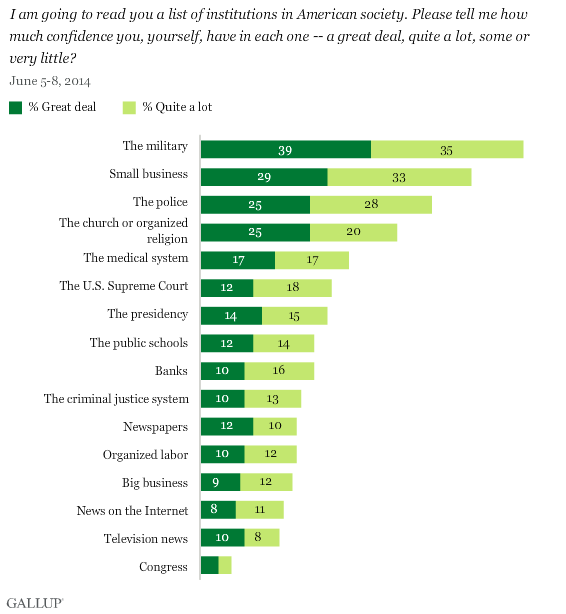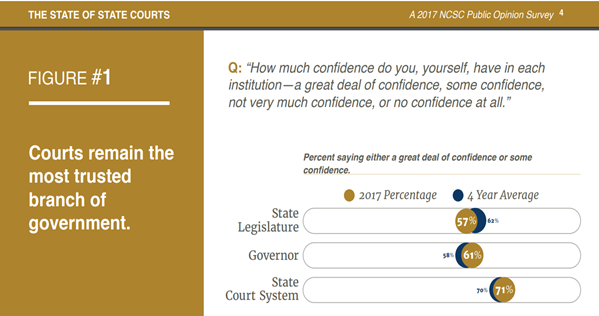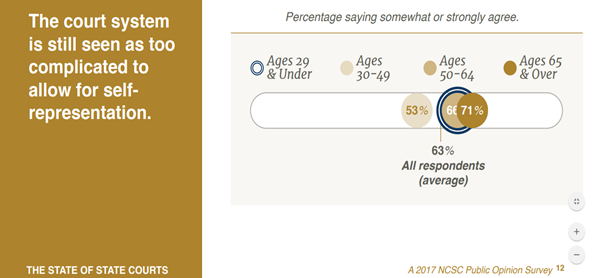eDiscovery Daily Blog
Will Lawyers Ever Embrace Technology?: eDiscovery Best Practices, Part Two
Editor’s Note: Tom O’Connor is a nationally known consultant, speaker, and writer in the field of computerized litigation support systems. He has also been a great addition to our webinar program, participating with me on several recent webinars. Tom has also written several terrific informational overview series for CloudNine, including his most recent one, eDiscovery Project Management from Both Sides, which we covered as part of a webcast on October 31. Now, Tom has written another terrific overview regarding the state of lawyer adoption of technology titled Will Lawyers Ever Embrace Technology? that we’re happy to share on the eDiscovery Daily blog. Enjoy! – Doug
Tom’s overview is split into five parts, so we’ll cover each part separately. Part one was published yesterday. Here’s the second part.
Why is the Lack of Technology Expertise among Lawyers Important?
To answer that question, we need to take a look at the current situation in terms of what we’re trying to accomplish with eDiscovery, whether knowledge of that is important and what do we need to do to change.
a. What Is the Goal of eDiscovery?
FRCP 1 makes the immediate goal of eDiscovery quite clear.
Rule 1. Scope and Purpose
These rules govern the procedure in all civil actions and proceedings in the United States district courts, except as stated in Rule 81. They should be construed, administered, and employed by the court and the parties to secure the just, speedy, and inexpensive determination of every action and proceeding. (my emphasis added)
In that vein, Ron Friedmann once wrote a thought-provoking post entitled E-Discovery Goal: Win or Avoid Disaster? in which he posed the theory that lawyers have forgotten the real goals of eDiscovery, which he said were:
A. Achieve the best outcome for the client
B. Minimize cost
C. Learn the facts of the case
D. Prepare offense or defense
E. Fulfill obligations to produce documents
b. What we do is important
But in addition to a legal and ethical obligation to perform efficiently, what we do in our work is important. I once spoke on a CLE panel with well-known ESI commentator Michael Arkfeld and he remarked that these are exciting times because for the first time we are seeing a true intersection of technology and the law.
But a speech I gave with Mary Mack, the CEO of ACEDS, was one that I remember because at the end of it, we were asked by an audience member “why should I go to law school’? My response was “Because what we do is important’!
Consider the US Judicial System for a moment. Modern human civilization has been in existence for roughly 44,000 years: Greek democracy began in 500 BC, the Magna Carta was signed in 1215 AD, the Enlightenment flourished from 1660-1780 AD with perhaps it’s crowning achievement, the American Revolution, occurring in 1776.
But our system of justice began with a document that says “we the people”. It depends on confidence by the people that they system is working. Yet while 70% of poor households have a legal problem in any given year, only 4% consult a lawyer. 60% of middle classes with a legal problem don’t consult a lawyer because of cost.
A 2014 Gallup poll showed more people had confidence in our military than the criminal justice system.

But a more recent (2017) State of State Courts report by the National Center for State Courts found that 71% of respondents had overall confidence in their court system.

Although an equal number felt the courts were too complicated to navigate without an attorney.

Those statistics have remained fairly constant for over a decade and I would assert that what we are doing in the increasingly technical world of eDiscovery is crucial to keeping that confidence level intact.

c. Are We Stuck?
Ralph Losey once called the lack of technical understanding by attorneys as a “paper prison”. Ken Withers, Deputy Executive Director of The Sedona Conference, said something similar once as a keynote speaker Georgetown University 5th Annual Advanced E-Discovery Institute Program, when he stated too many attorneys think in the old paper based paradigm instead of progressing to become what he called the “protodigital lawyer.”
So, how do we change? How do we escape the paper prison? We’ll publish Part 3 – How Can we Change the Situation? – tomorrow.
So, what do you think? Do you think that lawyers are where they need to be in becoming technologically proficient? As always, please share any comments you might have or if you’d like to know more about a particular topic.
Sponsor: This blog is sponsored by CloudNine, which is a data and legal discovery technology company with proven expertise in simplifying and automating the discovery of data for audits, investigations, and litigation. Used by legal and business customers worldwide including more than 50 of the top 250 Am Law firms and many of the world’s leading corporations, CloudNine’s eDiscovery automation software and services help customers gain insight and intelligence on electronic data.
Disclaimer: The views represented herein are exclusively the views of the author, and do not necessarily represent the views held by CloudNine. eDiscovery Daily is made available by CloudNine solely for educational purposes to provide general information about general eDiscovery principles and not to provide specific legal advice applicable to any particular circumstance. eDiscovery Daily should not be used as a substitute for competent legal advice from a lawyer you have retained and who has agreed to represent you.

